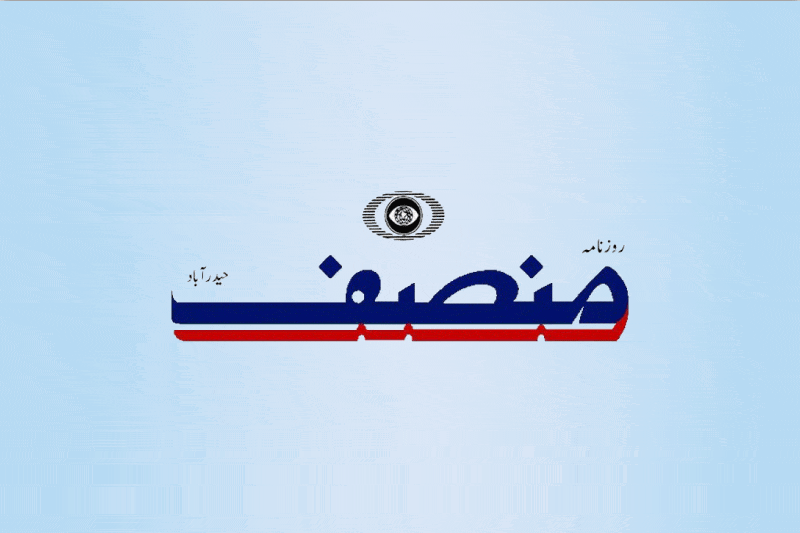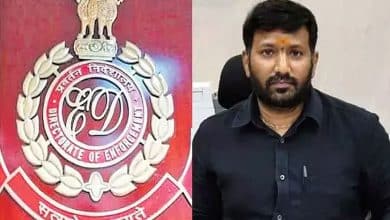Partial solar eclipse tomorrow; Islamic do’s and don’ts
The eclipse is a time for Prayer, charitable acts, and generally remembering Allah and seeking His forgiveness.

Hyderabad: The first partial solar eclipse of the year 2022 will be visible over the country on Tuesday, October 25. In Hyderabad, the eclipse will become visible at 4.59 pm and will conclude at 6.32 pm, after sunset at 5.58 pm.
In a release on Monday, N Sri Raghunandan Kumar, director, Planetary Society of India (PSI), said that in less than 15 days, another lunar eclipse will be visible on November 8, which will be a total lunar eclipse.
He said that the solar eclipse starting from 4.16 pm tomorrow in the country will be first visible in Leh of Jammu and Kashmir while the people of western part of India will be able to see the eclipse from 4.30 pm.
It will be visible from 4.40 pm in eastern and central parts of the country and last seen in Kanyakumari at 5.33 pm and will be visible till 06.00 pm, Mr. Kumar said.
Precautions should be taken while viewing a solar eclipse. Sun should not be looked at directly through a pair of binoculars, a telescope, or the unaided eye. Special eclipse glasses or welder’s goggles rated 14 or higher should be used to observe the sun during an eclipse. A pinhole camera which can be made easily at home is said to be the safest way to observe an eclipse. Solar filters can also be used to observe the solar eclipse.
This eclipse is a partial lunar eclipse for the whole world with a maximum eclipse of 82%.
Solar Eclipse in Islam
Prophet Mohammed (peace and blessings be upon him) rebuffed the superstitious beliefs regarding the solar eclipse. It happened that the sun eclipsed on the day the Prophet’s son Ibrahim died in Madinah, so some people attributed that to his death. Hence, the Prophet (peace and blessings be upon him) took the opportunity to correct the people’s mistaken notion about the solar eclipse and said, “The sun and the moon are two signs of Allah; they are not eclipsed on account of anyone’s death or on account of anyone’s birth. So when you see them, glorify and supplicate Allah, observe the Prayer, give alms.” (Bukhari)
During the time of the Prophet (peace and blessings be upon him), a solar eclipse happened. He stood up to pray and prolonged his standing very much.
Salat al-kusoof (solar eclipse Prayer) is Sunnah muakkadah (confirmed Sunnah) for both male and female believers. It is better to offer it congregationally in the mosque. Its time is from the beginning of the eclipse till it clears away. There is no adhan for the Prayer.
According to the hadith, narrated by Aishah (may Allah be pleased with her), salatal-kusoof is two rak`ahs; however, the worshiper bows twice in each rakah instead of once.
For Muslims solar and lunar eclipses are reminders of the Day of Judgment, when the sun, moon, and stars will all lose their light.
The eclipse is a time for Prayer, charitable acts, and generally remembering Allah and seeking His forgiveness.






